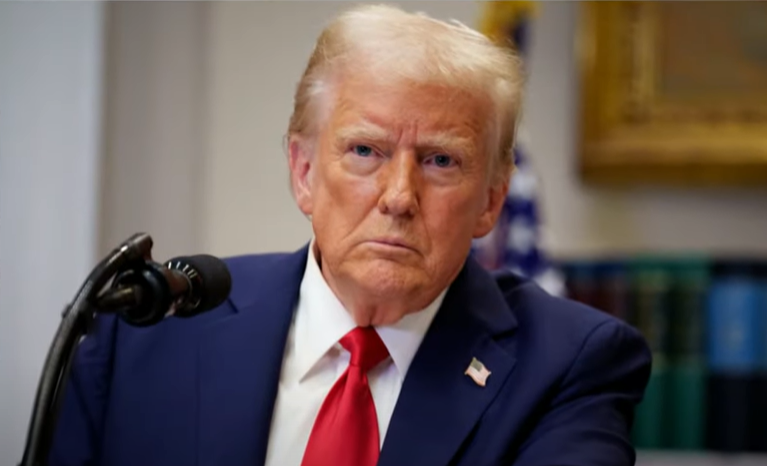In a rapid and controversial series of moves, President Donald Trump has taken unprecedented steps to dismantle federal government oversight mechanisms responsible for ensuring ethical governance and safeguarding public interests. Since returning to office, Trump has aggressively targeted independent watchdogs, weakened corporate anti-corruption measures, and removed critical checks on executive power, creating widespread concern among ethics experts and political analysts.
Within his first three weeks, Trump forced out top officials from the Office of Government Ethics and the Office of Special Counsel, both responsible for investigating whistleblower complaints and upholding federal employee conduct rules under the Hatch Act. His administration also orchestrated a sweeping purge of more than a dozen inspectors general—officials tasked with rooting out waste, fraud, and abuse in federal agencies.
These actions come in stark contrast to Trump’s 2016 campaign pledge to “drain the swamp.” Instead, critics argue that his second-term agenda aims to dismantle accountability structures that limited his influence during his first tenure. Norm Eisen, a legal adviser during Trump’s first impeachment, characterized the current developments as “the most corrupt start in the history of the American presidency.”
Targeting Investigators and Whistleblowers
Trump’s Justice Department has made sweeping personnel changes, firing more than a dozen prosecutors involved in investigations related to classified documents and attempts to overturn the 2020 election. Reports indicate that the administration has demanded a list of all agents involved in the January 6 Capitol riot investigation, with Trump promising a swift purge of those deemed disloyal.
These moves have drawn criticism for undermining the independence of the Justice Department, which traditionally maintains a degree of separation from presidential influence. Princeton University historian Julian Zelizer noted, “This is a much bolder assertion than in his first term. If successful, the executive branch will be devoid of independent voices.”
Ethics Rollbacks Benefiting Corporations
In a move benefiting corporate interests, Trump paused enforcement of the Foreign Corrupt Practices Act (FCPA), a law prohibiting American companies from bribing foreign officials to secure business deals. The White House defended the decision, arguing that the law put American companies at a competitive disadvantage in global markets.
“It sounds good on paper, but in practicality, it’s a disaster,” Trump said during a White House briefing. Ethics experts, however, warn that this rollback opens the door to widespread corruption and undermines America’s global reputation as a proponent of ethical business practices.
Additionally, Trump rescinded an executive order signed by former President Joe Biden that imposed strict ethics rules on executive branch employees, including a two-year ban on lobbying after leaving government service. The rollback raises concerns about the return of the notorious “revolving door” between government positions and lobbying jobs.
Pardons and Dropped Charges
In a series of controversial legal interventions, Trump pardoned former Illinois Governor Rod Blagojevich, who was convicted on charges of attempting to sell Barack Obama’s Senate seat. Hours later, his Justice Department dropped corruption charges against New York Mayor Eric Adams, accused of accepting bribes and illegal campaign contributions.
Eisen, now with the State Democracy Defenders Fund, described the pardons and case dismissals as a clear signal that “corruption is welcome in Trump’s new administration.”
A Looming Constitutional Crisis?
The rapid dismantling of public integrity guardrails has sparked fears of a constitutional crisis. Experts warn that the administration’s actions undermine the fundamental principles of checks and balances, potentially leaving the executive branch unaccountable.
“This is not just about protecting Trump from scandals,” said Zelizer. “It’s about fundamentally reshaping the government to remove the very mechanisms designed to ensure accountability and transparency.”
As Trump’s administration continues its aggressive push to consolidate power, the question remains whether Congress, the courts, or the public will intervene to restore the guardrails of democracy.
